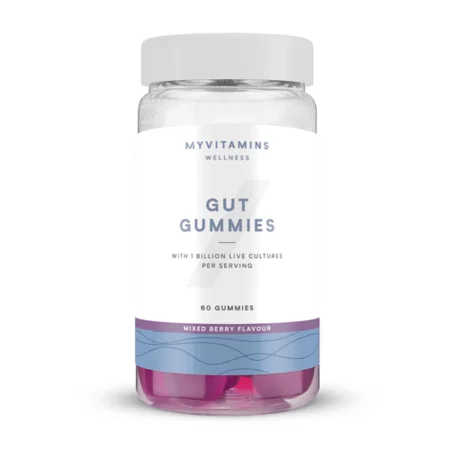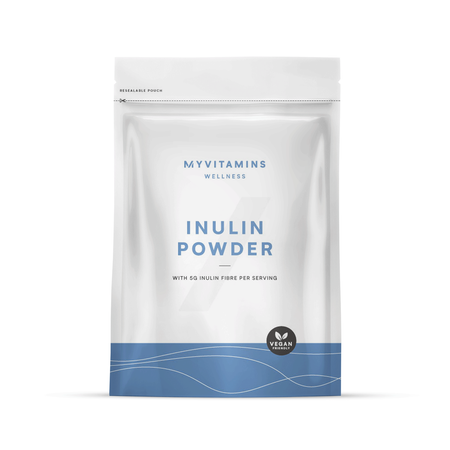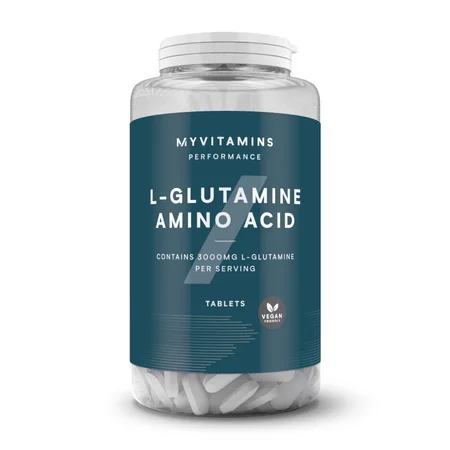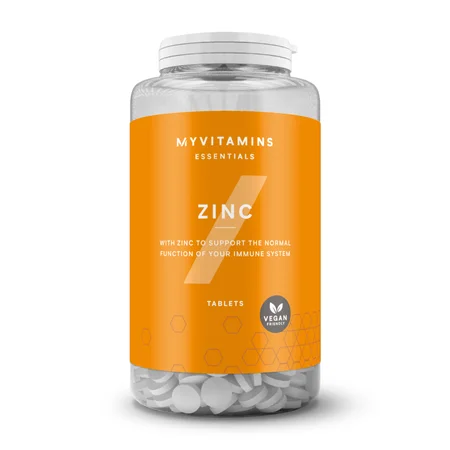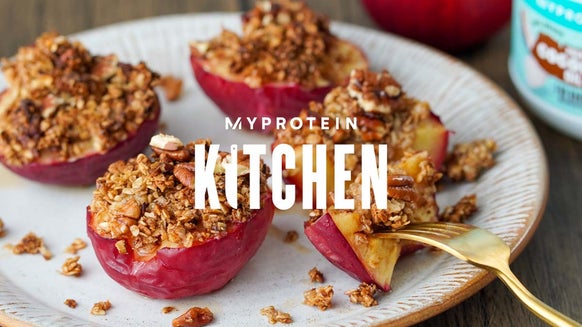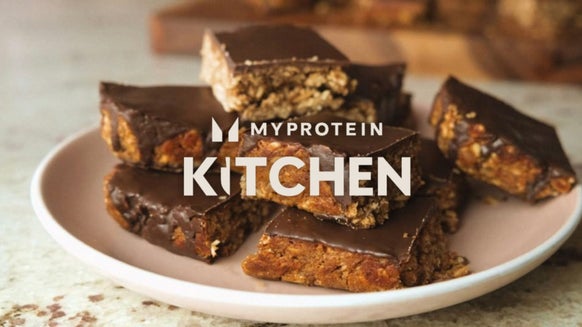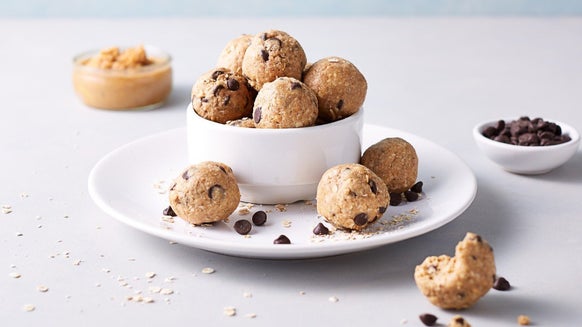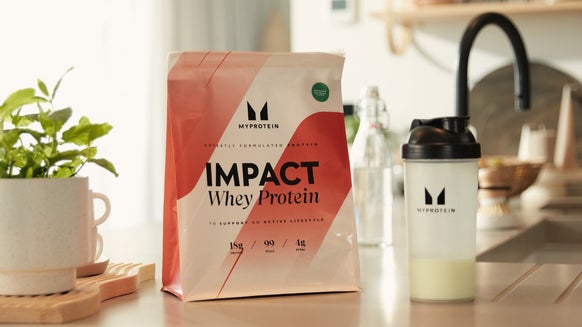The 7 Best Supplements For Gut Health
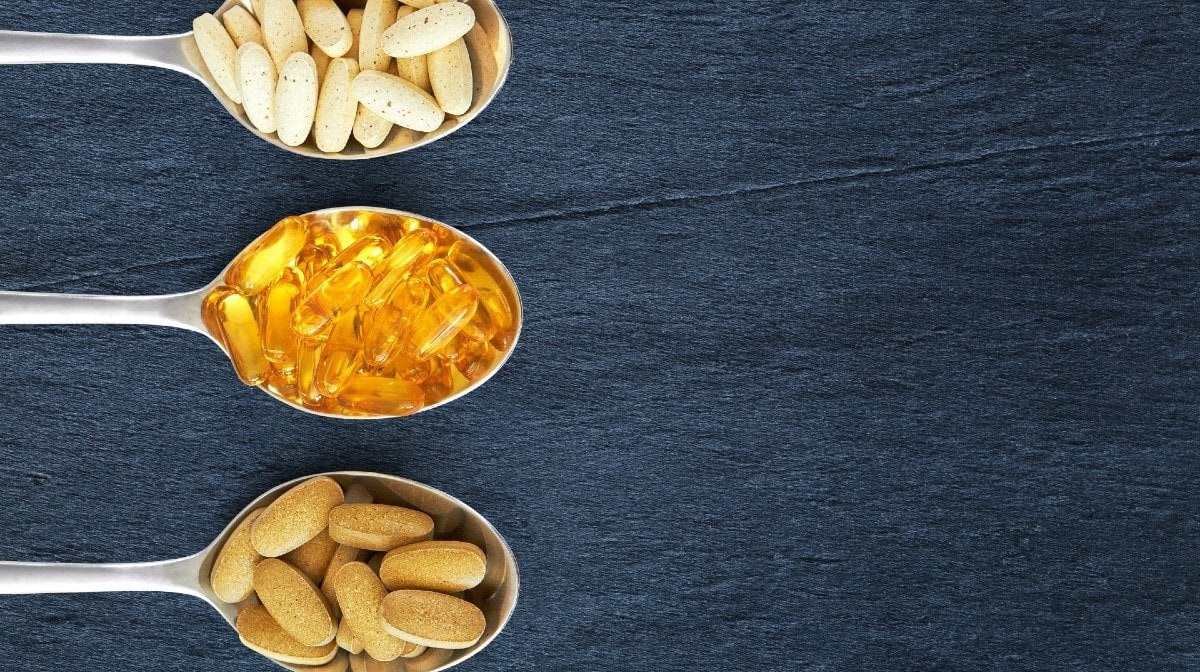
What is the Gut?
A healthy digestive system is also home to many beneficial bacteria that assist with nutrient absorption and our overall health. A healthy gut supports:
- Optimal digestion
- Our immune system to keep us from getting sick
- Better mental health
- Reduced levels of inflammation
- Healthy bones

Best supplements for gut health
Probiotics
Prebiotics
Glutamine
Glutamine helps to regulate the production of these epithelial cells and tight junctions. If the intestinal lining is not functioning properly, it will lead to an increased permeability of the gut where harmful bacteria in the gut can enter the bloodstream. This is often referred to as ‘leaky gut’ and has linked to numerous health issues.
Zinc
Psyllium husk
Fish Oil Supplements
Phytonutrients
Take home message
Maintaining a diverse, well-balanced microbiome can help maintain the health of your gut. A healthy gut has been linked to a number of reported health benefits including reduced gastrointestinal symptoms and improved immunity.
READ THESE NEXT:

Liam is a certified sport nutritionist with the International Society of Sport Nutrition and is enrolled on the British Dietetics Association’s Sport and Exercise Nutrition register. He has a Bachelor’s of Science in Sport and Exercise Science and is graduate of the ISSN Diploma in Applied Sport and Exercise Nutrition.
Liam is an experienced personal trainer, helping clients reach their health and fitness goals with practical, evidence informed exercise and nutrition advice. In his spare time Liam has competed in numerous powerlifting competitions and enjoys hill walking, football and expanding his recipe repertoire in the kitchen.Find out more about Liam's experience here.
- Ursell LK, Metcalf JL, Parfrey LW, Knight R. Defining the human microbiome. Nutr Rev. 2012;70 Suppl 1(Suppl 1):S38-S44. doi:10.1111/j.1753-4887.2012.00493.x
- Jäger, R., Mohr, A.E., Carpenter, K.C. et al. International Society of Sports Nutrition Position Stand: Probiotics. J Int Soc Sports Nutr 16, 62 (2019)
- Pugh, J.N., Sparks, A.S., Doran, D.A. et al. Four weeks of probiotic supplementation reduces GI symptoms during a marathon race. Eur J Appl Physiol 119, 1491–1501 (2019). https://doi.org/10.1007/s00421-019-04136-3
- Holscher HD. Dietary fiber and prebiotics and the gastrointestinal microbiota. Gut Microbes. 2017;8(2):172-184. doi:10.1080/19490976.2017.1290756
- Scientists, F., 2021. Prebiotics – International Scientific Association for Probiotics and Prebiotics (ISAPP). [online] International Scientific Association for Probiotics and Prebiotics (ISAPP). Available at: <https://isappscience.org/for-scientists/resources/prebiotics/> [Accessed 3 September 2021].
- Kim MH, Kim H. The Roles of Glutamine in the Intestine and Its Implication in Intestinal Diseases. Int J Mol Sci. 2017;18(5):1051. Published 2017 May 12. doi:10.3390/ijms18051051
- Pugh JN, Sage S, Hutson M, et al. Glutamine supplementation reduces markers of intestinal permeability during running in the heat in a dose-dependent manner. Eur J Appl Physiol. 2017;117(12):2569-2577. doi:10.1007/s00421-017-3744-4
- Suzuki, T., 2020. Regulation of the intestinal barrier by nutrients: The role of tight junctions. Animal Science Journal, 91(1).
- Institute of Medicine, Food and Nutrition Board. Dietary Reference Intakes for Vitamin A, Vitamin K, Arsenic, Boron, Chromium, Copper, Iodine, Iron, Manganese, Molybdenum, Nickel, Silicon, Vanadium, and Zinc. Washington, DC: National Academy Press, 2001.
- Ods.od.nih.gov. 2021. Office of Dietary Supplements – Zinc. [online] Available at: <https://ods.od.nih.gov/factsheets/Zinc-HealthProfessional/> [Accessed 3 September 2021].
